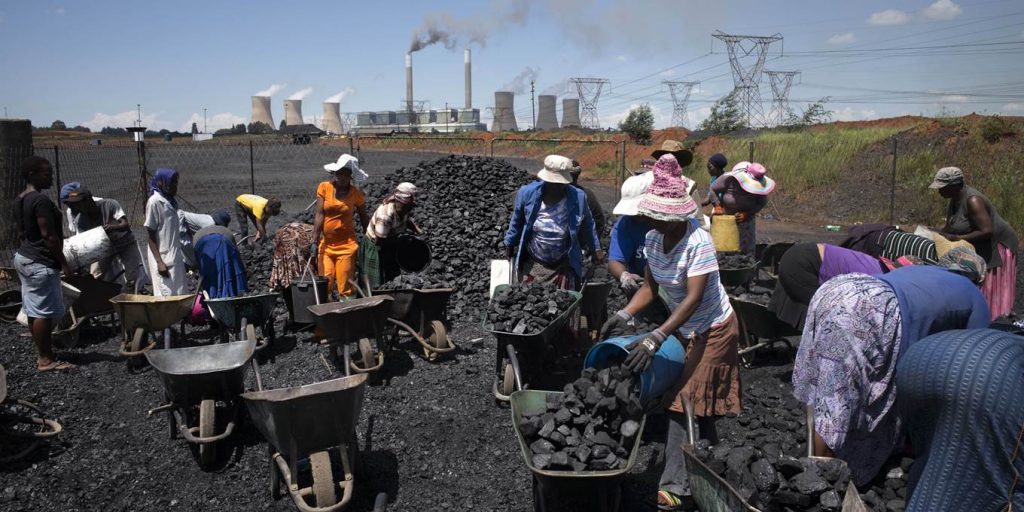Africa boasts a large and creative labor pool, buttressed by a youth population that is expected to double, to over 830 million, by 2050. But African governments confront a serious problem: they do not know how many people they are dealing with, where they live, or how they earn a living.
YAMOUSSOUKRO – The billions of dollars in aid delivered to Africa annually may do the continent much good, but it cannot deliver a solution to poverty. Only creating more high-quality jobs can do that. The question is how.
Africa boasts a large and creative labor pool, buttressed by a youth population that is expected to double, to over 830 million, by 2050. That should be a boon for economies across the continent. But African policymakers confront a serious problem: they do not know how many people they are dealing with, where they live, or how they earn a living. Simply put, they don’t have enough data.
In 46 of 54 African countries, official tracking of vital statistics such as birth, marriage, and death is limited. As the Mo Ibrahim Foundation reports, only “a third of all Africans live in a country where a census has been conducted since 2010,” and the census programs that do exist are often underfunded and unreliable. More than half of all Africans live in countries that have not conducted a labor-force survey in at least a decade.

